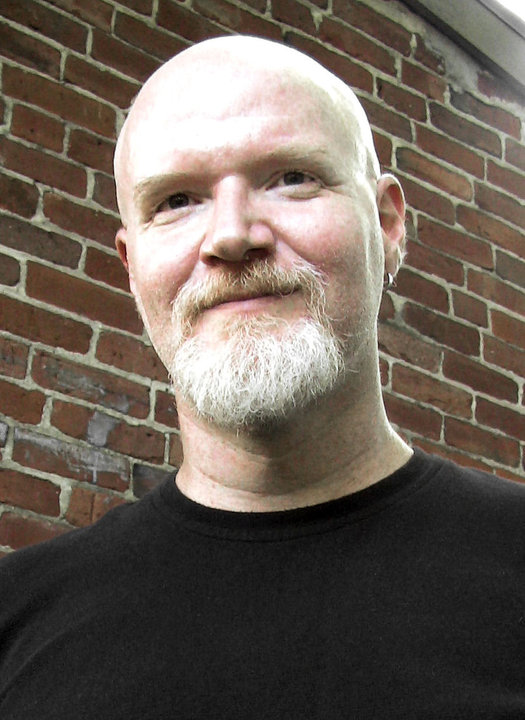In other countries, similar double-standards apply. When you put all of these limited viewpoints together into a growing regional pool of satellite channels, the net result is not exactly free expression, but it's certainly progress, and Syriais leading the charge. They're "doing very well and beating everybody out," Fine says.
An example is the 2005 musalsal "Behind Bars," a classic soap about families torn apart. A father is imprisoned and his children suffer travails that would be familiar to most American soap fans -- bad marriages, petty crime, drugs, heavy drinking, prostitution, and eventually murder. Controversial story elements included date rape, a Christian-Muslim love story, and implied masturbation, according to Dick.
Musalsalat have also tackled hot issues such as government corruption, terrorism, and religious extremism. In 2005, MBC produced "The Beautiful Maidens," an hourlong, 30-part Ramadan serial written with the input of a former al Qaeda member. An anti-terror polemic, it traces the impact of extremism on Arab families living in Saudi Arabia. The title refers to the 72 virgins that terrorist "martyrs" expect to meet in paradise.
Another controversial hit is the Saudi sketch comedy "Tash Ma Tash," which lampoons fundamentalism and the Wahhabi religious police. The name approximates to "Que Sera Sera" (sort of).
"In Saudi Arabia, 'Tash Ma Tash' is part of the political struggle" among the competing factions, says Yigal Carmon, president of the Middle East Media Research Institute. MEMRI translates clips from Arab television into English and posts them online, at memritv.org.
Click here for scenes from Tash Ma Tash
"You have several princes in the establishment, liberals, fighting very sincerely to introduce more liberal concepts," Carmon says. "And they support this show." But liberals can only do so much.
What viewership numbers are available suggest "Tash" is a smash hit in Saudi Arabia, but not elsewhere. "Arab countries really aren't ready for Saudi humor," Dick says.
It isn't all about mounting liberalism. According to Carmon, Iranian television produces a raft of musalsalat peddling strange variants of Islamic eschatology and anti-Semitic conspiracy theories.
One such program dramatized an urban legend about Jews stealing the eyes of Palestinian children for use in transplants. Another recent conspiracy thriller was based on the premise that the Holocaust never happened. One ambitious "documentary" set out to validate the discredited Protocols of the Elders of Zion. Carmon, a former Israeli intelligence officer, says the programs are "high-level" productions and admitted he was impressed by the storytelling.
Click here for a clip from an Iranian musalsal
Regardless, Iranian musalsalat haven't caught on with the broader audience, even when translated into Arabic from their original Farsi. The shows don't air on the most popular channels, says Dick; only the "really hard-core soap opera addicts" follow them.
For decades, Egypt dominated the musalsal genre, but the Syrian productions are now what's cool and new. Egyptian shows now tend to rely on star power rather than aiming for the cutting-edge, Dick says. In large part, that's because Egypt's television industry is still dominated by the state.
"You have a guaranteed audience, guaranteed buyers in the form of Egyptian satellite channels that are state-owned," says Dick. "There's not that much pressure to take chances."
* * *
Although the spread of satellite television is causing an explosion of content, one critical component remains missing: A mechanism for measuring viewers clearly and objectively on a regionwide basis.
(Note: You can view every article as one long page if you sign up as an Advocate Member, or higher).





